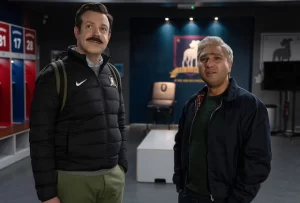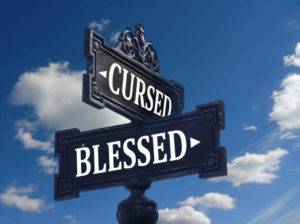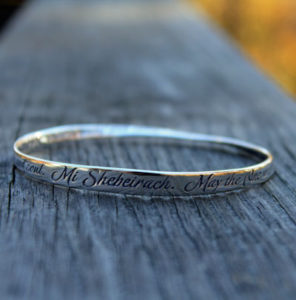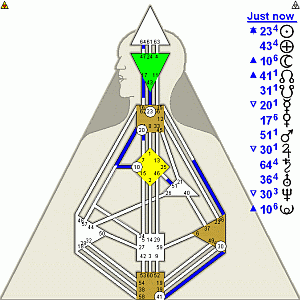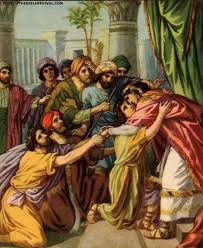 Vayigash continues unfolding the stories from last week’s parashah Mikeitz between Joseph and his brothers. Joseph, Judah, Reuven are all revealing their struggles. How each remembers what transpired years before tells us much about the individuals and how they will approach meeting each other again: Joseph, It is all meant to be; Judah, I feel guilt and remorse but I have grown from the pain; Reuven, I was right, if only you listened, we would not be here now. Their stories contain rationalizations, denials, anger and other emotional responses to bad experiences that drive people apart.
Vayigash continues unfolding the stories from last week’s parashah Mikeitz between Joseph and his brothers. Joseph, Judah, Reuven are all revealing their struggles. How each remembers what transpired years before tells us much about the individuals and how they will approach meeting each other again: Joseph, It is all meant to be; Judah, I feel guilt and remorse but I have grown from the pain; Reuven, I was right, if only you listened, we would not be here now. Their stories contain rationalizations, denials, anger and other emotional responses to bad experiences that drive people apart.
These memories also demonstrate that whatever the facts, each of us processes and remembers differently. For movie buffs like me, this is summed up for me in the Maurice Chevalier song from the movie Gigi, I Remember it Well:
“We met at nine, we met at eight, I was on time, no, you were late
Ah, yes, I remember it well.
We dined with friends, we dined alone, A tenor sang, a baritone
Ah, yes, I remember it well…”
Each of us remembers in our own way. We process and create a memory that becomes the story. Sometimes it aligns with the facts more closely than at other times. I have often recounted events very differently than how my wife remembered it. We all have seen other couples, as in Gigi, do likewise, disagreeing on many points as to things actually occurred. It is hard enough with partners committed to each other. But when there is estrangement, such as with Joseph and his brothers, reconnecting with someone when there are opposing narratives becomes even harder.
These stories often contain a hero and a villain mixed with the things that created the initial rift, ultimately forming the chasm between them and 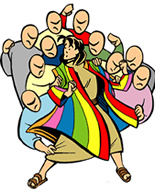 us. As we move toward reconnecting, we start with a premise that reconnecting is a good thing, serving a greater purpose than whatever caused the rift. So whether we are reconnecting with a long-lost brother, estranged child, forsaken lover, we need to find forgiveness, for either them or ourselves, and acceptance of them and their different story.
us. As we move toward reconnecting, we start with a premise that reconnecting is a good thing, serving a greater purpose than whatever caused the rift. So whether we are reconnecting with a long-lost brother, estranged child, forsaken lover, we need to find forgiveness, for either them or ourselves, and acceptance of them and their different story.
We delve into the details later on perhaps, learning the other’s narrative that described the event and the motivations that were present in the moment. We create a rapprochement that can lead to a new phase of an actively engaged relationship with our long-lost other, picking up where we left off so long ago, informed by the past, but now older and wiser.
This, however, may never come to be. Vayigash is filled with many seemingly serendipitous moments that all had to happen in order for Jacob’s family reunite, move beyond the wounds each person carried, and then heal. But even with serendipity, coincidence, or the hand of God guiding the process, it is ultimately up to each of us to reach out to the other with forgiveness in order to move forward together.

